Conscious thoughts have the power to instantly reprogram your subconscious mind. But hold on! It’s not as easy as it appears. Here are 4 additional ways to accomplish it.
Our mind has two parts — the conscious and the subconscious. The conscious mind is in charge of analyzing, making decisions and short-term memory, but it’s surprising that we only use 10% of it.
Whereas, the subconscious part of our mind accounts for 90% of our mind. It is a powerful system that controls every aspect of our life and what would happen if we could control that?
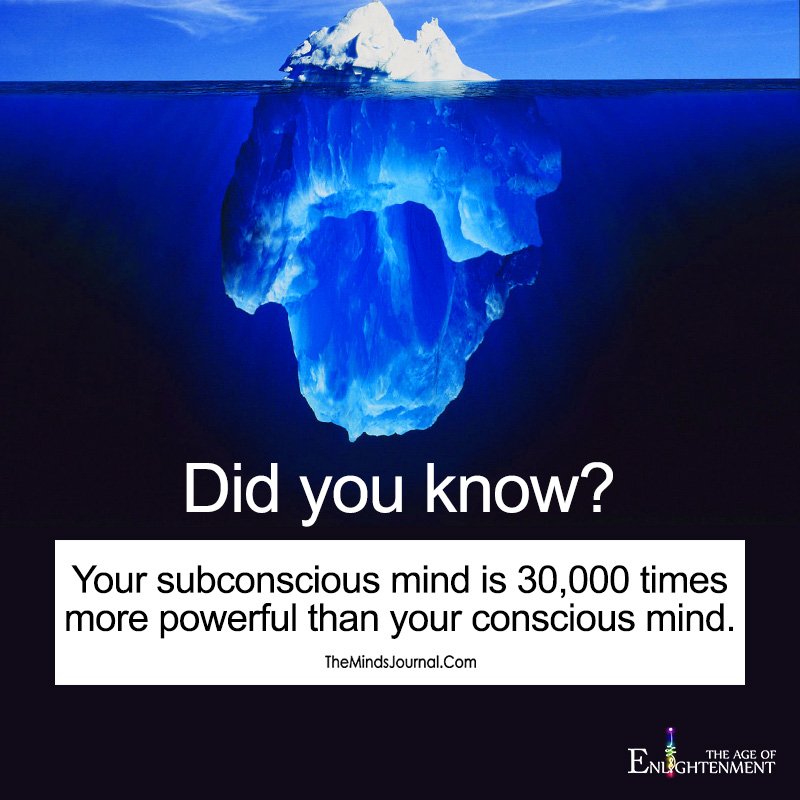
Before getting into controlling the subconscious mind, we must understand the depths of it. Like the computer, it stores all your data, from your past experiences, your memories and your skills. Everything that you have seen, done or thought is also there. Like a box that keeps some of your fondest memories, past experiences, and darkest secrets.
It is active throughout the day, even when we are asleep. It controls all functions of your body from your heartbeat, breathing and even the nervous system.
But what happens when you want to control your subconscious mind? Is it possible to do so? Well, it isn’t that simple to make your subconscious change its old patterns in order to adapt to new ones.
Here are four ways to unlock your subconscious mind. Try them out as an experiment and explore to uncover truths about yourself and channel your inner strength.
Related: Signs You Are Going Through Spiritual Transformation
4 Ways To Reprogram Your Subconscious Mind
1. Meditation and Visualization
The first step towards unlocking your subconscious mind is to begin meditating. Meditation has numerous health benefits and can help you connect with your subconscious mind. When you meditate, you blur the line between the conscious and unconscious and begin a process of integration.
Focus on your breathing as it is one action that can be controlled by both the conscious and subconscious minds. Meditation allows you to travel to higher levels of consciousness, where you can access your subconscious mind.
When you are awake, you are in a constant state of consciousness and are easily triggered by stress and anxiety. Meditation boosts creativity and promotes visualisation. It will allow you to easily connect with your subconsciousness and improve your focus.
The more you meditate, the more positive thoughts will be generated. It may appear difficult at first, but with consistent practice, you will be able to observe your thoughts and won’t get distracted by them.
The following step in achieving your goal is to visualize it. It is based on the expectation of a favorable outcome… by believing that the desired outcome has already occurred rather than hoping for it.
This technique may seem difficult to achieve, but you need to be patient and set aside a few minutes, close your eyes and imagine your life after you’ve accomplished your goal.
Related: 20+ Best Meditation Music For Relief From Stress and Anxiety
2. Hypnosis
The subconscious mind is inextricably linked to our bodies and their essential functions from breathing to sleeping. It retains our previous experiences, memories, and all we believe.
The conscious and subconscious minds communicate with each other frequently even if it’s unconsciously. Your subconscious mind understands your body and governs your emotions, behavior and habits. Hypnosis is also an effective way to overcome anxiety and stress.
It allows you to easily stimulate the deepest secrets and feelings held in the subconscious mind in order to manipulate and train your brain in order to improve yourself. During this process, the subconscious mind becomes more receptive to suggestions.
3. Sleep
Sleeping for 8 hours on a regular basis is important for reducing fatigue and emotional stress. Scientists believe that it is possible to reprogram your subconscious mind while sleeping.
Your brain is ready to receive information, and you can reprogram the subconscious mind in two effective ways: The first is hypnosis, which uses relaxation techniques to guide you into an alpha state of mind, in which your mind is relaxed but focused and receptive. After the body and mind have relaxed, suggestions are communicated or programmed into the subconscious.
The next way is to record your suggestions on your phone and play it before you go to bed each night. You can start small by playing a simple guide or a set of goals that you’d like to achieve, which the subconscious mind will pick up.
You may write out a list of your goals and describe what your ideal life would feel like. It is important to continuously present your suggestions to the subconscious mind to become a better version of yourself with new challenges and aspirations.
“As you sow in your subconscious mind, so shall you reap in your body and environment.”
― Joseph Murphy
Related: Consciousness Persists: Even after Death
4. Ritual
Ritual is the final way to gain access to your subconscious mind. They may be more rational than they appear. Why? As even simple rituals can have a significant impact on our day to day life. It gives us a sense of control.
Anthropologists who have studied many indigenous cultures have discovered that people perform rituals after suffering losses or when experiencing joy. Even people who claim not to believe in rituals appear to benefit from them.

Psychologists carried a research study in which they found out evidence to claim that rituals are effective and can have a causal impact on people’s thoughts, feelings, and behaviours. They also aid in the reduction of anxiety and the enhancement of confidence.
To unlock the subconscious mind, perform all of the methods listed above as a ritual.
Write down your goals in a journal and stick to them every day until you achieve them. Finally, pay attention to what your subconscious mind is telling you and act on it.
Related: 5 Behaviours That Show You Are Reaching A Higher Level Of Consciousness
Wrapping Up
One of your most powerful weapons is your mind. The possibilities of both conscious and subconscious minds are infinite.
So train your subconscious mind effectively to entice yourself and achieve success in life. It will enable you to implement innovative ideas and thoughts in order to achieve your objectives. We hope you diligently follow these steps to unlock the subconscious mind and live a happy life.
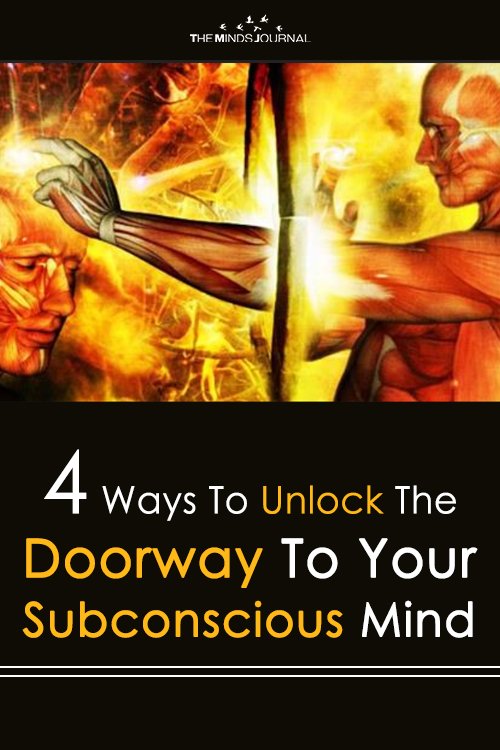
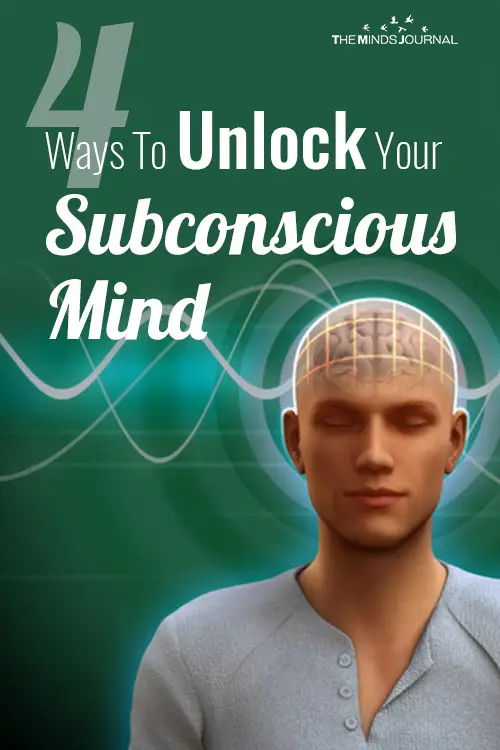
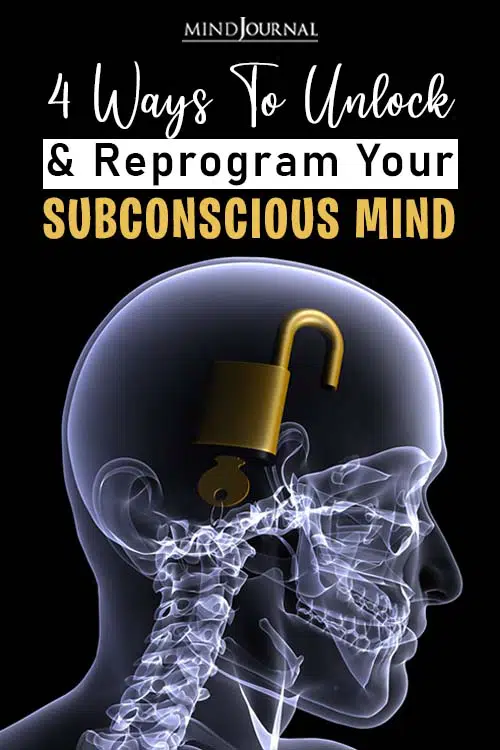
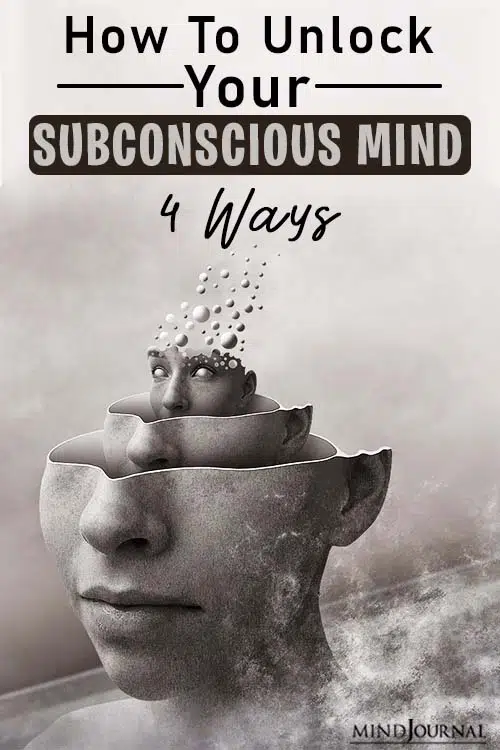
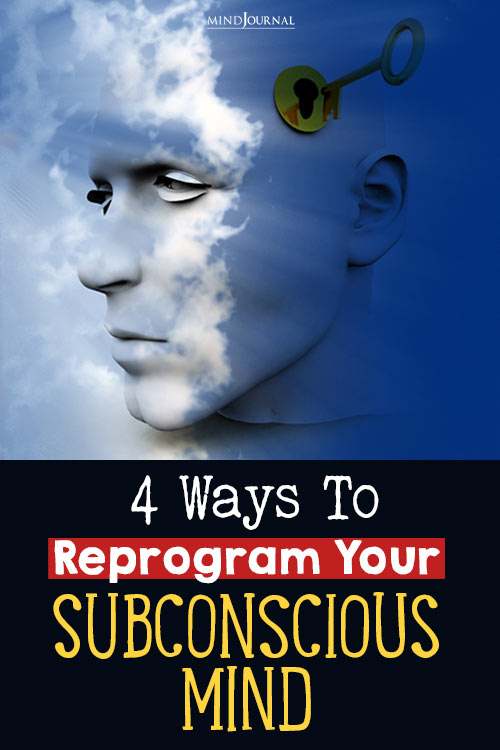
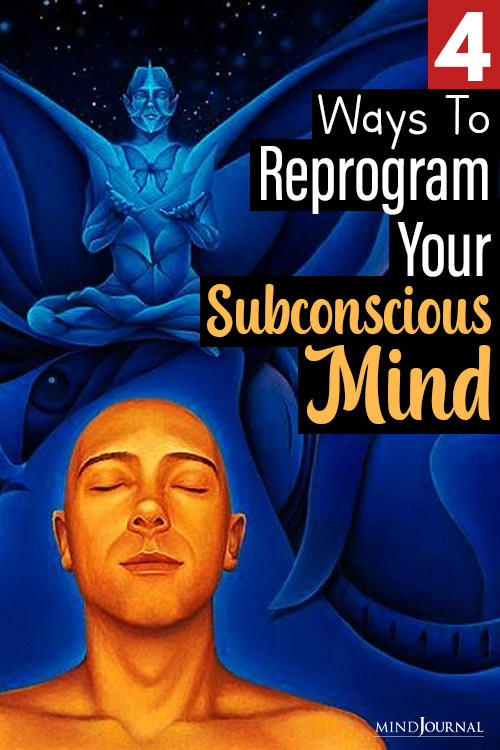
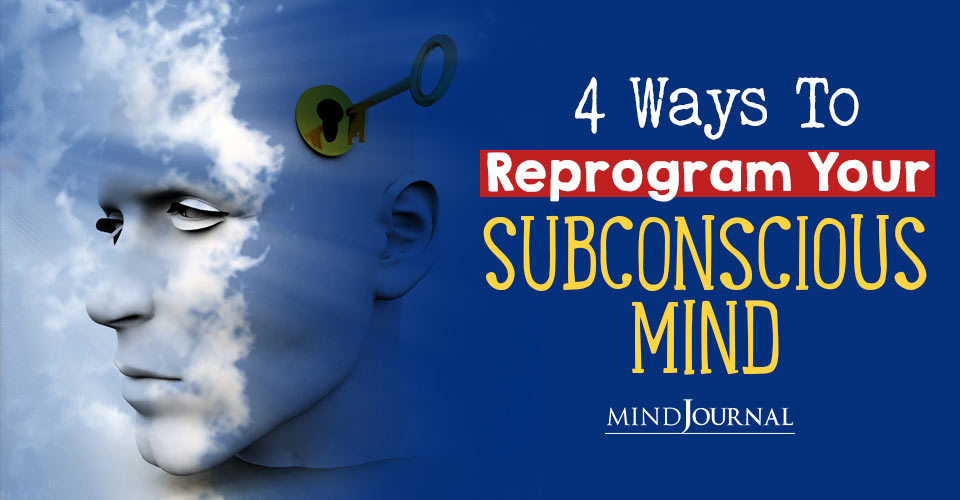


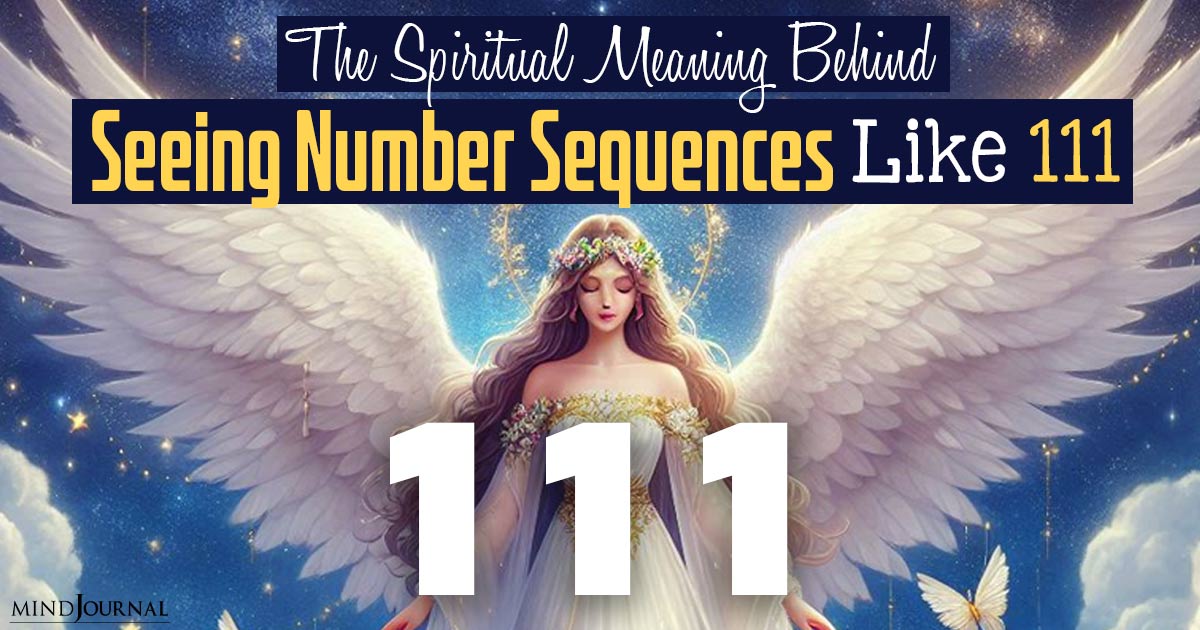




Leave a Reply
You must be logged in to post a comment.